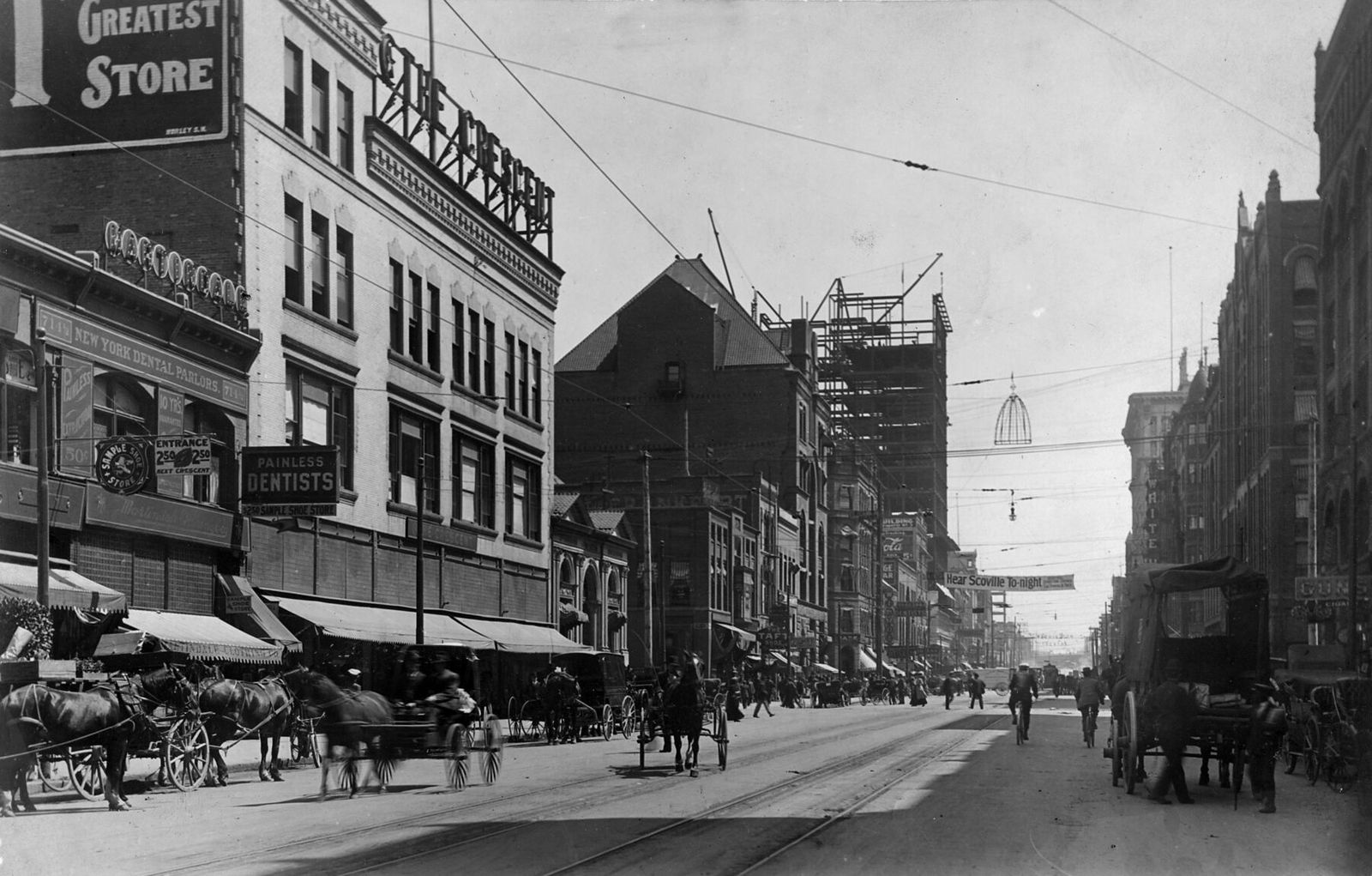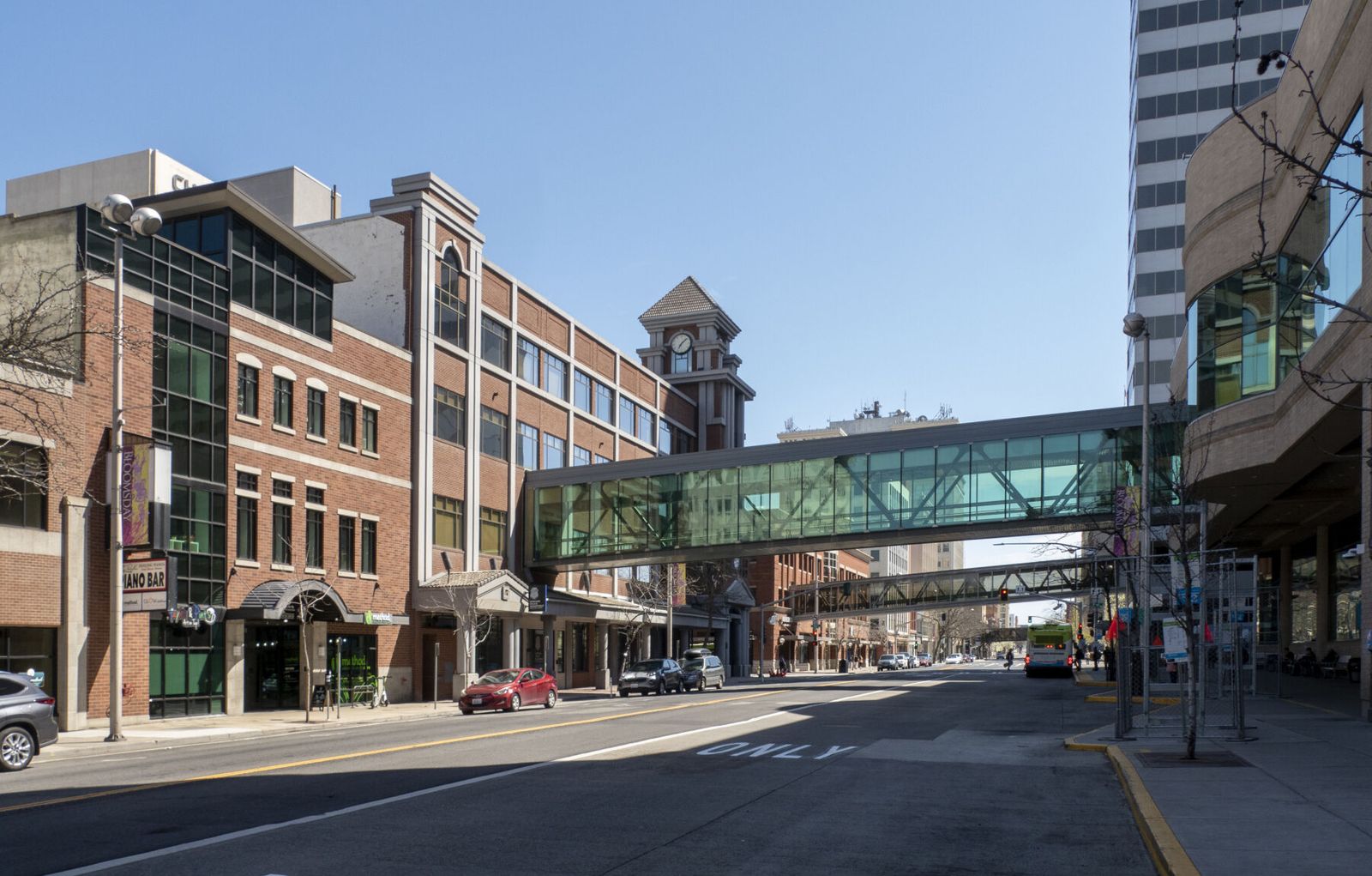
Then and Now: Early Spokane dentists
Before the early 20th century, it was wise to question the credentials of the man with the pliers. An ad for one of the many New York Dental Parlors proclaimed, “We guarantee all work to be done by good reliable workmen!”
Section:Then & Now
Then and Now: Early Spokane dentists
Dentists in early Spokane could ease the patient’s pain and anxiety with laughing gas, ether, chloroform or formulas of cocaine and morphine, but chances are you avoided the dentist until the pain became unbearable.
“Extractions! 50 cents!” read the signs outside the New York Dental Parlors office, which first opened in 1901. Dr. A. Starke Oliver claimed he had “all modern appliances, thoroughly up to date” in his office. The Dunlop Dental Co. claimed to have the “handsomest dental parlors in the west” with the “most skillful operators.”
“Painless!” was touted in each advertisement. Novocain wasn't actually available until 1906 and didn’t appear in Spokane dental offices for several years after that. Dr. J.T. Wilson’s 1921 newspaper ad touted “I USE NOVACAINE.”
Before the early 20th century, it was wise to question the credentials of the man with the pliers. An ad for one of the many New York Dental Parlors proclaimed, “We guarantee all work to be done by good reliable workmen!” Bargain dental parlors were often run by “street dentists” with little training. They attracted customers with glowing advertisements, discount prices and “written guarantees.”
The shady dentists operated under trade names that hid the owners’ lack of qualifications. After constant complaints about botched crowns and broken jaws from energetic extractions, the public sentiment soon turned against untrained dentists. States slowly began instituting training standards, licensing and making dentists practice under their own names for more accountability.
One of the early charlatans was Edgar Randolph Parker of Brooklyn, New York, who called himself “Painless Parker” and started a chain of 30 dental parlors across the country. He had been kicked out of dental school for offering tooth extractions door-to-door. But New York state forced him to practice under his real name, which prompted him to legally change his first name to “Painless.” His parlors stretched from New York City to Bellingham, Washington.
A 1919 Michigan Dental Society publication called for more sober promotion of good practices. “We have 'painless dental parlors' all over our land, in every one of which painful operations are performed.”
In 1939, the Washington Legislature outlawed all advertising by dentists in newspapers and magazines. One problem was the ads that gave specific prices for particular services, which rarely reflected what the patient was asked to pay.
Share on Social Media

